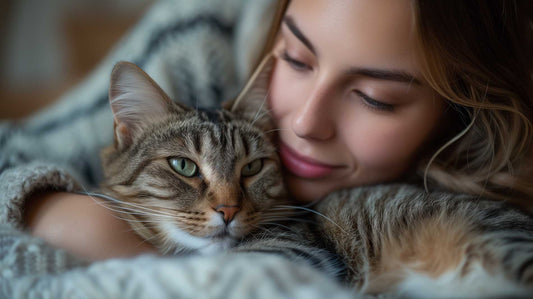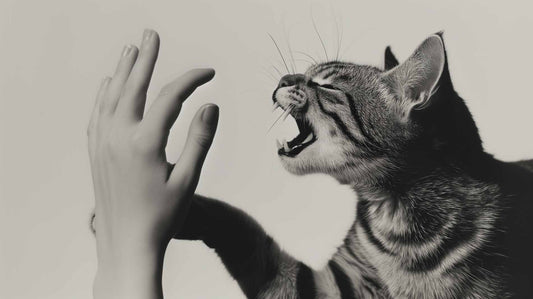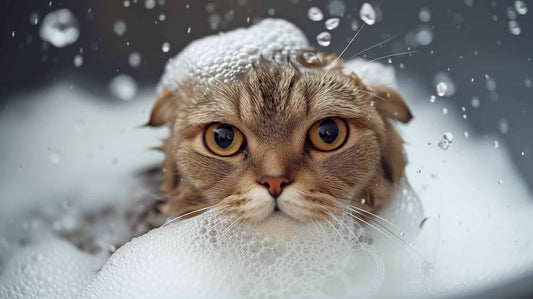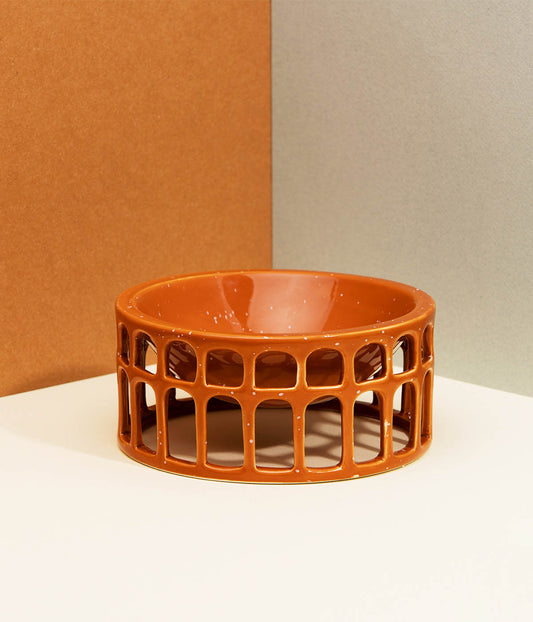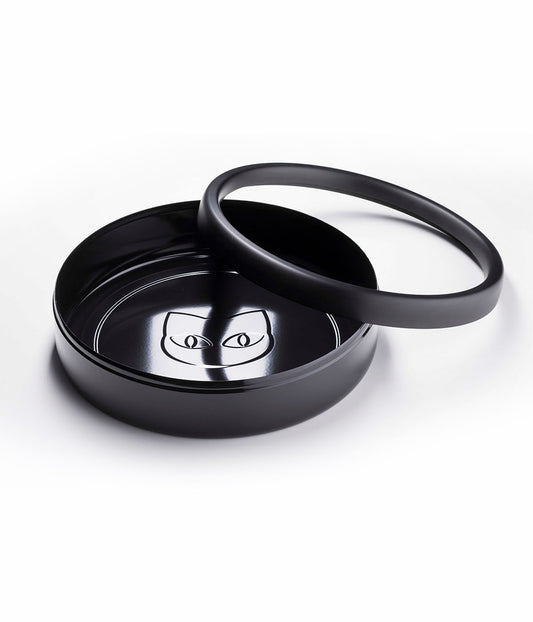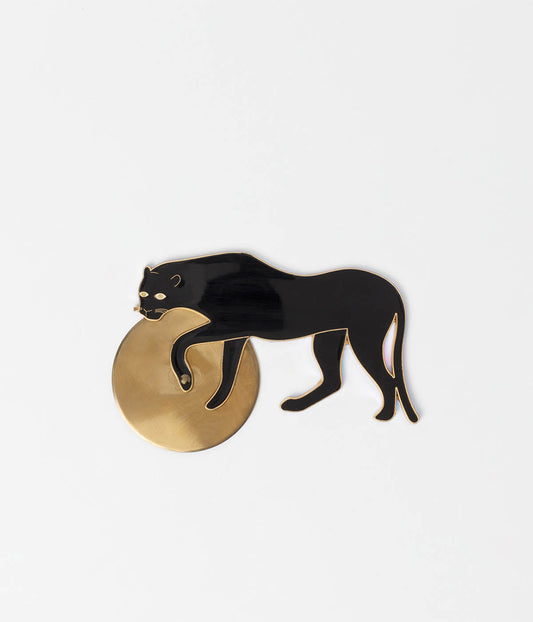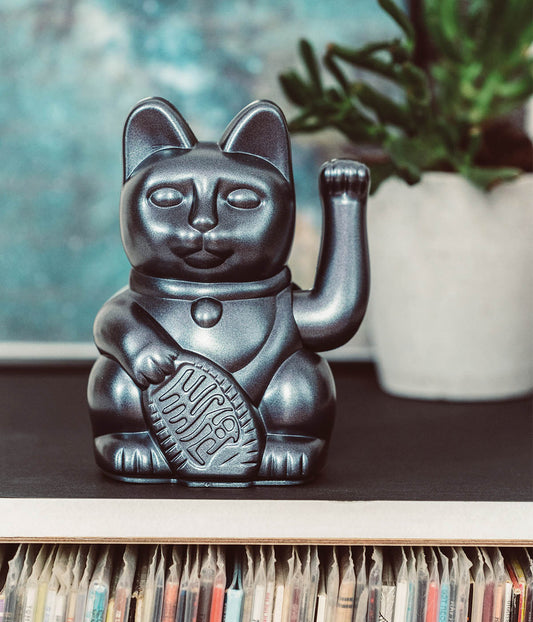
What to Do When Your Cat is a Serial Sprayer
Marie DuchessHaving a cat as a pet can bring joy and companionship to your life. However, dealing with inappropriate urination can be frustrating and stressful. If your cat is peeing or spraying indoors, it's important to understand the underlying causes and take appropriate measures to address the issue. In this blog post, we will explore the reasons why cats engage in this behavior and provide practical solutions to help you resolve the problem.
Why do cats pee or spray indoors?
There are several reasons why cats may urinate or spray indoors. It could be due to a medical issue such as a urinary tract infection or bladder stones. Stress, anxiety, or changes in the environment can also trigger this behavior. Additionally, cats may mark their territory by spraying urine to communicate with other cats or assert their dominance.
What steps can you take to address the issue?
If your cat is peeing or spraying indoors, it's crucial to consult with a veterinarian to rule out any underlying medical conditions. Once medical issues are ruled out, you can take the following steps:
1. Provide a clean litter box
Make sure you have a sufficient number of litter boxes in your home, especially if you have multiple cats. Keep the litter boxes clean by scooping them daily and changing the litter regularly. Cats are clean animals and may avoid using a dirty litter box.
2. Create a stress-free environment
Identify and address any potential sources of stress in your cat's environment. Provide hiding spots, vertical spaces, and scratching posts to help your cat feel secure. Consider using pheromone diffusers or sprays, which can help reduce anxiety in cats.
3. Clean urine spots thoroughly
Accidents happen, but it's essential to clean urine spots thoroughly to prevent your cat from returning to the same spot. Use an enzymatic cleaner specifically designed for removing pet urine odors. Avoid using ammonia-based cleaners, as they can actually attract cats to the area.
4. Consult with a behaviorist
If the problem persists, it may be beneficial to seek the help of a professional animal behaviorist. They can assess your cat's behavior, provide tailored advice, and develop a behavior modification plan to address the issue effectively.
5. Consider medical intervention
In some cases, medication may be necessary to manage your cat's inappropriate urination. Your veterinarian can prescribe medications that can help reduce anxiety or address any underlying medical conditions contributing to the behavior.
Remember, patience and consistency are key when dealing with cat urination issues. It's important to approach the problem with understanding and compassion. By following these steps and seeking professional guidance if needed, you can help your cat overcome this behavior and create a harmonious living environment for both of you.

